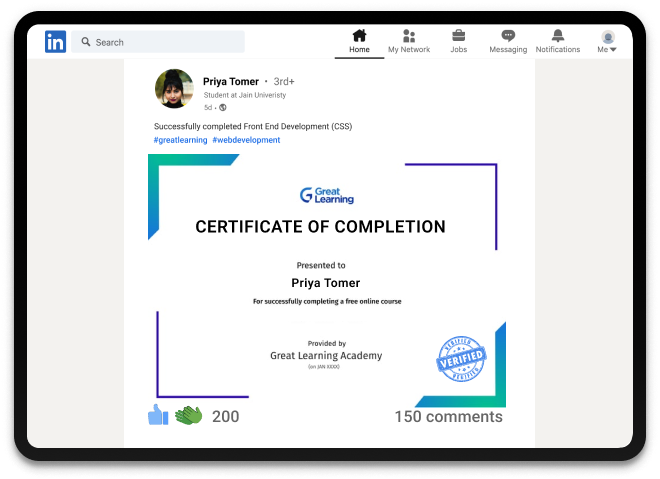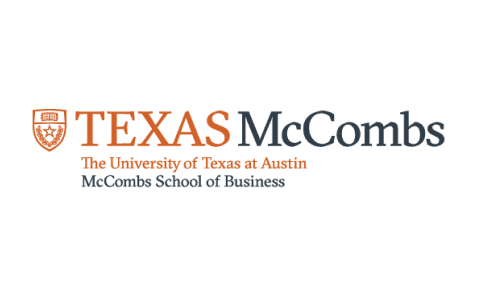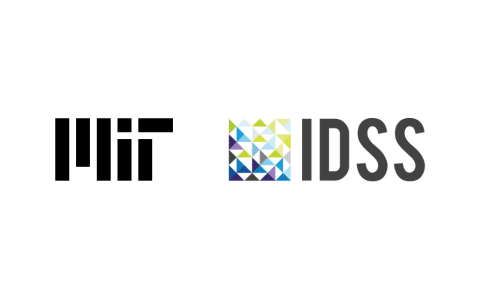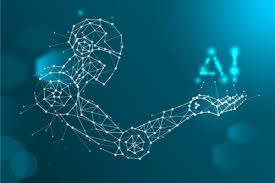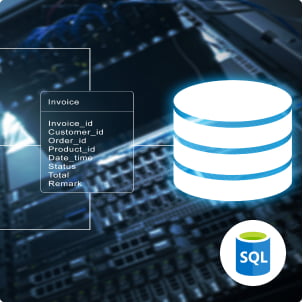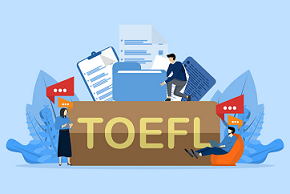Crash Course in Machine Learning
Enrol for this Free Crash Course in Machine Learning to learn from our experts on Machine Learning, Supervised and Unsupervised Learning, and more. Start your journey towards the mastery of Machine Learning today!
What you learn in Crash Course in Machine Learning ?
About this Free Certificate Course
This free crash course on machine learning is designed for anyone who is interested in learning the basics of machine learning and wants to gain hands-on experience in building and deploying ML models. The course is suitable for beginners who have no prior knowledge of machine learning as well as for those who have some programming background. The course begins with an introduction to machine learning and its applications. You will learn about the different types of machine learning and the basic concepts behind them. Next, you will learn how to use Python for machine learning. You will be introduced to popular Python libraries used for ML, such as NumPy, Pandas, and Scikit-Learn.
Preparing and learning about data is an important step in the ML pipeline. The course covers data preparation techniques such as data cleaning, data normalization, and feature engineering. Data visualization is also covered, which is crucial in understanding the underlying patterns in data. The course then delves into supervised and unsupervised learning. You will learn about the different algorithms used in supervised learning, such as regression, classification, and decision trees. You will also be introduced to clustering algorithms, which are used in unsupervised learning.
The course concludes with ML model deployment, use cases, and projects. You will learn about the various deployment options available for ML models and how to choose the right one for your project. The course also covers career opportunities in machine learning and provides interview questions to help you prepare for a job in this field. Overall, this course provides a comprehensive introduction to machine learning and equips you with the skills to start building your own ML models.
Course Outline
In this module, you will understand the concept of Machine Learning, including the various steps involved in the Machine Learning process. This module will also cover Hackathon and Kaggle, Supervised and Unsupervised Learning, Regression and Classification, Introduction to Recommender Systems, and Use of Machine Learning in the Cloud.
In this module, you will understand the use of Python libraries like NumPy, Pandas, and SciPy in Machine Learning with hands-on also you learn more about Scikit Learn.
In this module, you will understand how to prepare and preprocess data, various concepts like Probability and Probability Distributions, Statistics and Advanced Statistics topics like normal distribution, hypothesis tests etc.
In this module, you will understand the Data Visualization process using different platforms like Python, Tableau, and PowerBI, Concepts on Exploratory Data Analytics in Python.
In this module, you will understand various concepts on predictive analytics, Supervised Learning with regression and tree-based models, Naïve Bayes Classifiers, Bagging, Boosting, Random Forest Regression, and Support Vector Machines.
With this course, you get
Free lifetime access
Learn anytime, anywhere
Completion Certificate
Stand out to your professional network
42.0 Hours
of self-paced video lectures
Frequently Asked Questions
What are the prerequisites required to learn this Free Crash Course in Machine Learning?
You do not need any prior knowledge except knowing what Machine Learning is to learn this Free Crash Course in Machine Learning.
How long does it take to complete this free Free Crash Course in Machine Learning?
Free Crash Course in Machine Learning is a 25-hour long course, but it is self-paced. Once you enroll, you can take your own time to complete the course.
Will I have lifetime access to the free course?
Yes, once you enroll in the course, you will have lifetime access to any of the Great Learning Academy’s free courses. You can log in and learn whenever you want to.
Is it worth learning this Free Crash Course in Machine Learning Course?
If you are interested in pursuing a career in Machine Learning or related fields, this course can be a great starting point for gaining an understanding of Machine Learning and related topics and developing practical skills, and enhancing your knowledge in this domain.
Will I get a certificate after completing this Free Crash Course in Machine Learning?
Yes, you will get a certificate of completion after completing all the modules and cracking the assessment.
Success stories
Can Great Learning Academy courses help your career? Our learners tell us how.And thousands more such success stories..
Related Machine Learning Courses
Popular Upskilling Programs
Explore new and trending free online courses
Popular Topics to Explore
Relevant Career Paths >
Machine Learning Crash Course
Machine learning (ML) is a subfield of artificial intelligence (AI) that involves the development of algorithms that can learn from and make predictions or decisions based on data. In essence, machine learning enables computers to automatically improve their performance on a given task by learning from examples and feedback. There are several subtopics within machine learning that are worth exploring in greater detail. These include supervised learning, unsupervised learning, reinforcement learning, deep learning, and natural language processing.
Supervised Learning:
Supervised learning is a type of machine learning that involves training a model on labeled data. In supervised learning, the model is provided with a set of input-output pairs, known as training data, and its task is to learn a mapping between the inputs and outputs. The goal of supervised learning is to develop a model that can accurately predict the output for new inputs that it has not seen before.
Unsupervised Learning:
Unsupervised learning is a type of machine learning that involves training a model on unlabeled data. In unsupervised learning, the model is not provided with any explicit feedback on its predictions, and its task is to discover patterns or structure in the data. The goal of unsupervised learning is to develop a model that can automatically identify relationships or groupings within the data.
Reinforcement Learning:
Reinforcement learning is a type of machine learning that involves training a model to make decisions based on rewards and penalties. In reinforcement learning, the model is not given any explicit input-output pairs but instead interacts with an environment and receives rewards or penalties based on its actions. The goal of reinforcement learning is to develop a model that can learn a policy, or set of rules, that maximizes the cumulative reward over time.
Deep Learning:
Deep learning is a type of machine learning that involves training neural networks with multiple layers. Deep learning has been particularly successful in the areas of image and speech recognition, natural language processing, and game playing. The key advantage of deep learning is its ability to automatically learn hierarchical representations of data, which enables it to capture complex patterns and relationships that are difficult to represent using traditional machine learning methods.
Natural Language Processing:
Natural language processing (NLP) is a subfield of machine learning that involves the development of algorithms that can understand and generate human language. NLP has many applications, including language translation, sentiment analysis, text classification, and chatbots. NLP algorithms often rely on deep learning methods, such as recurrent neural networks and transformers, to learn patterns in text data.
In addition to these subtopics, there are several other important areas of machine learning research and application, such as transfer learning, meta-learning, anomaly detection, and explainability. Transfer learning involves using knowledge learned from one task to improve performance on another related task. Meta-learning involves developing algorithms that can learn to learn, or learn how to learn more efficiently. Anomaly detection involves identifying unusual or abnormal patterns in data. Explainability involves developing models that can provide interpretable explanations for their predictions or decisions.
In conclusion, machine learning is a rapidly growing field that has the potential to revolutionize many aspects of our lives, from healthcare and finance to transportation and entertainment. By enabling computers to learn from data and make predictions or decisions, machine learning has the potential to automate many tasks that were previously performed by humans, as well as to enhance human decision-making and creativity. The subtopics within machine learning provide a rich landscape for research and application, and we are likely to see many exciting developments in this field in the years to come.





